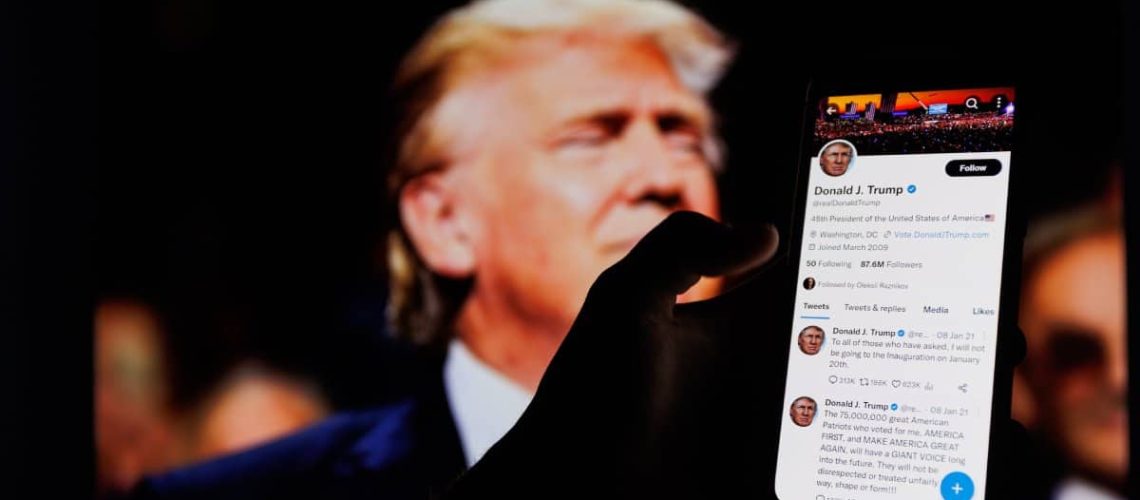Social media platforms have reshaped the American political landscape, morphing from simple communication tools into powerful drivers of public opinion and political discourse. How have these digital battlegrounds influenced our views and reshaped our political engagements?
1. Instant News Updates
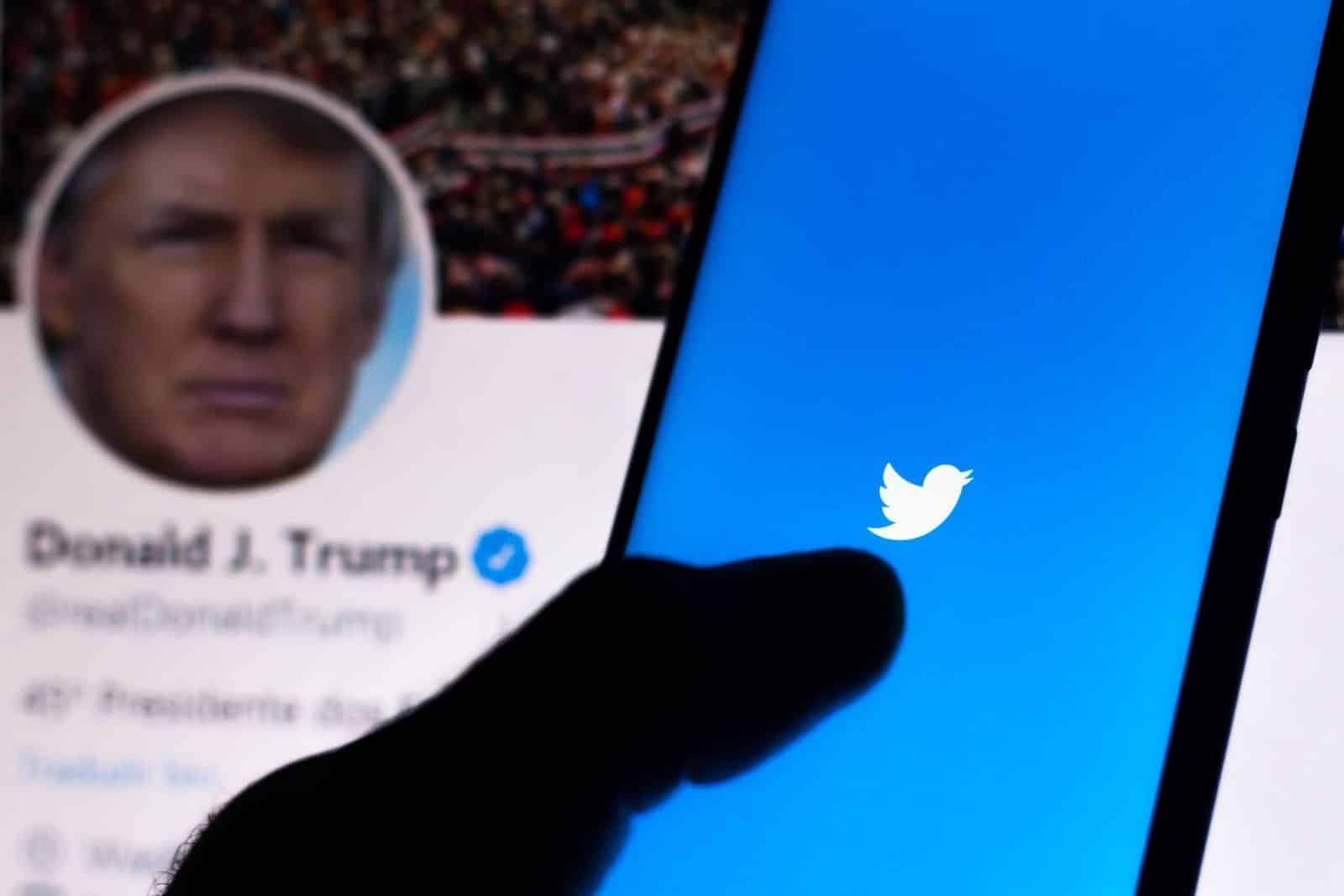
Platforms like X allow figures like Donald Trump to communicate directly with the public, bypassing traditional media channels. This immediacy can democratize information but often bypasses nuanced reporting and fact-checking.
2. Echo Chambers
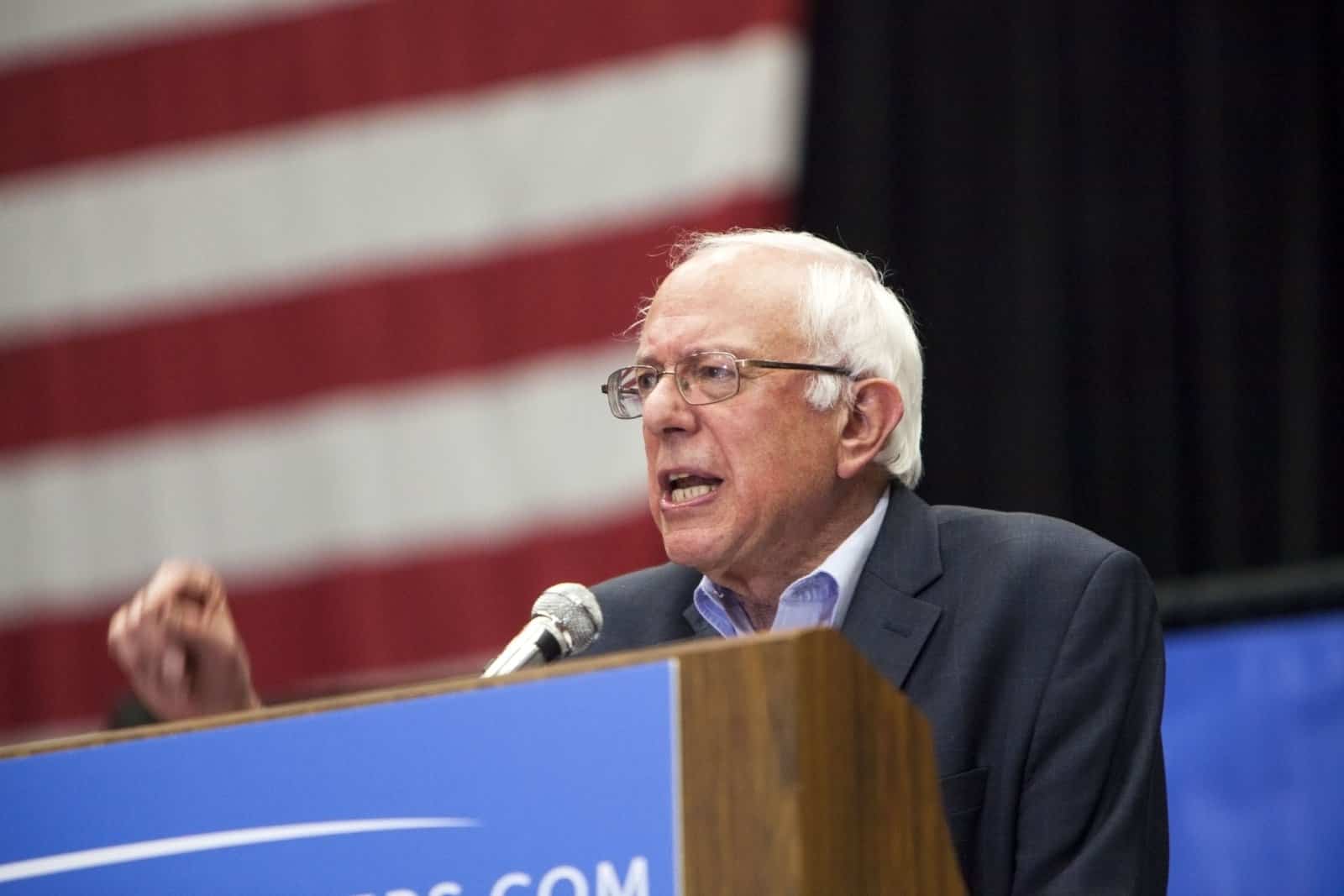
Social media tends to reinforce existing beliefs, with algorithms showing users content they agree with, deepening divides. Prominent figures like often engage with followers who share similar ideologies, potentially limiting broader dialogue.
3. Mobilization of Movements
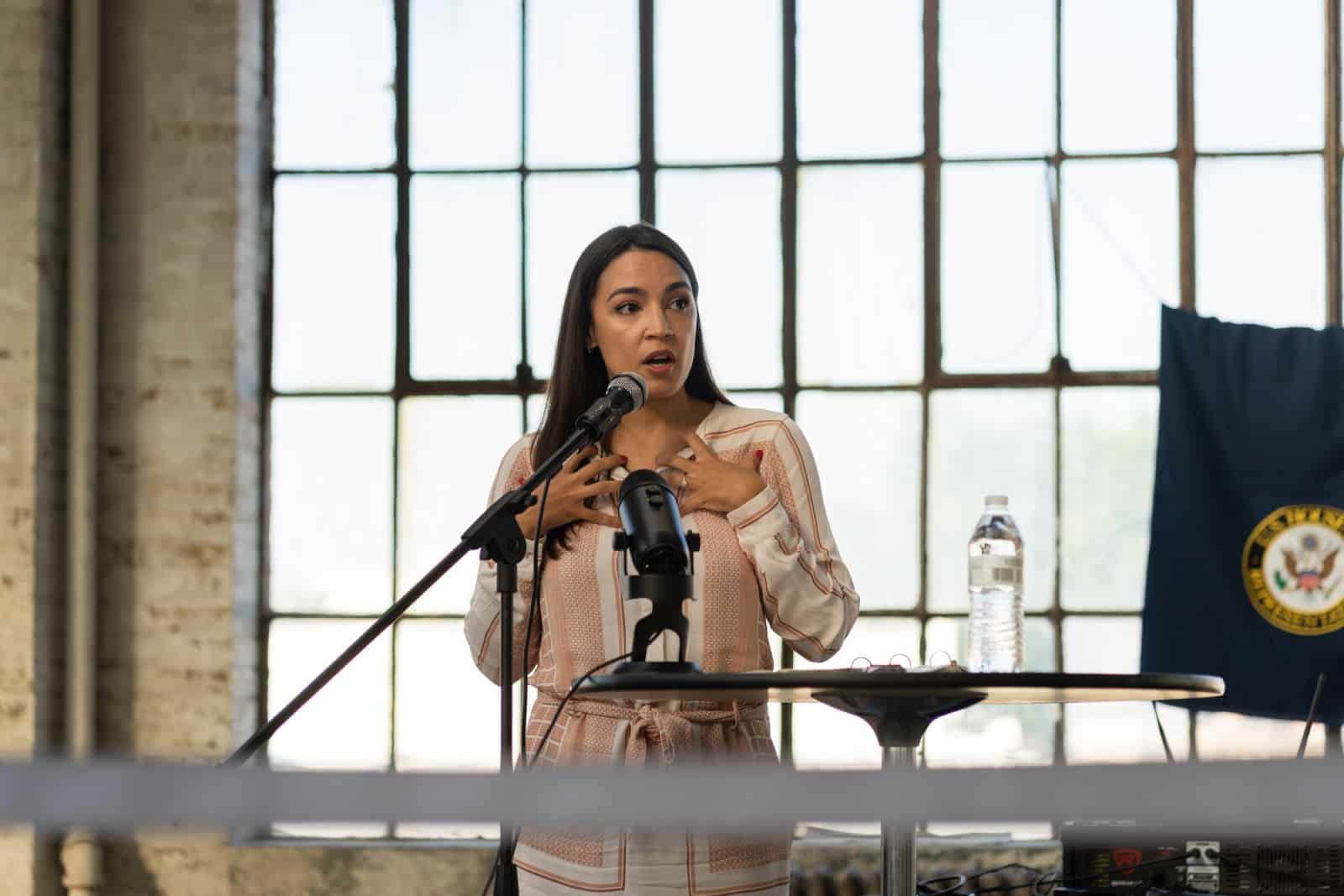
Platforms have been critical in mobilizing political movements, notably Alexandria Ocasio-Cortez’s use of Instagram and Twitter to amplify her progressive messages and rally support for causes like the Green New Deal.
4. Disinformation Campaigns
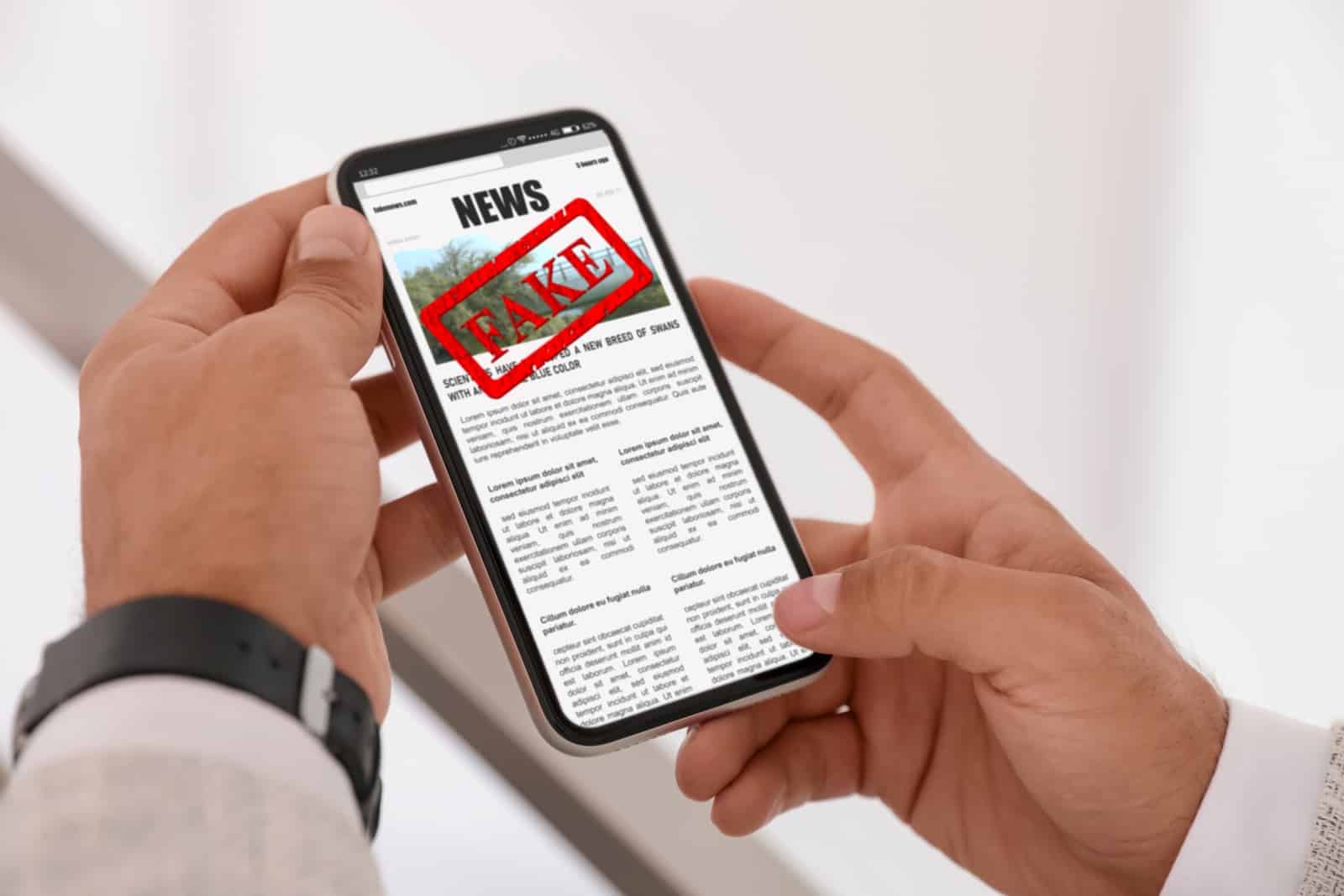
The 2016 and 2020 elections highlighted the role of disinformation, with foreign and domestic actors using platforms to spread misleading narratives, significantly impacting public opinion and election outcomes.
5. Fundraising Power

Social media’s ability to generate rapid political donations has transformed campaign financing, empowering candidates like Joe Biden to raise substantial funds through small individual donations promoted via online platforms.
6. Voter Engagement
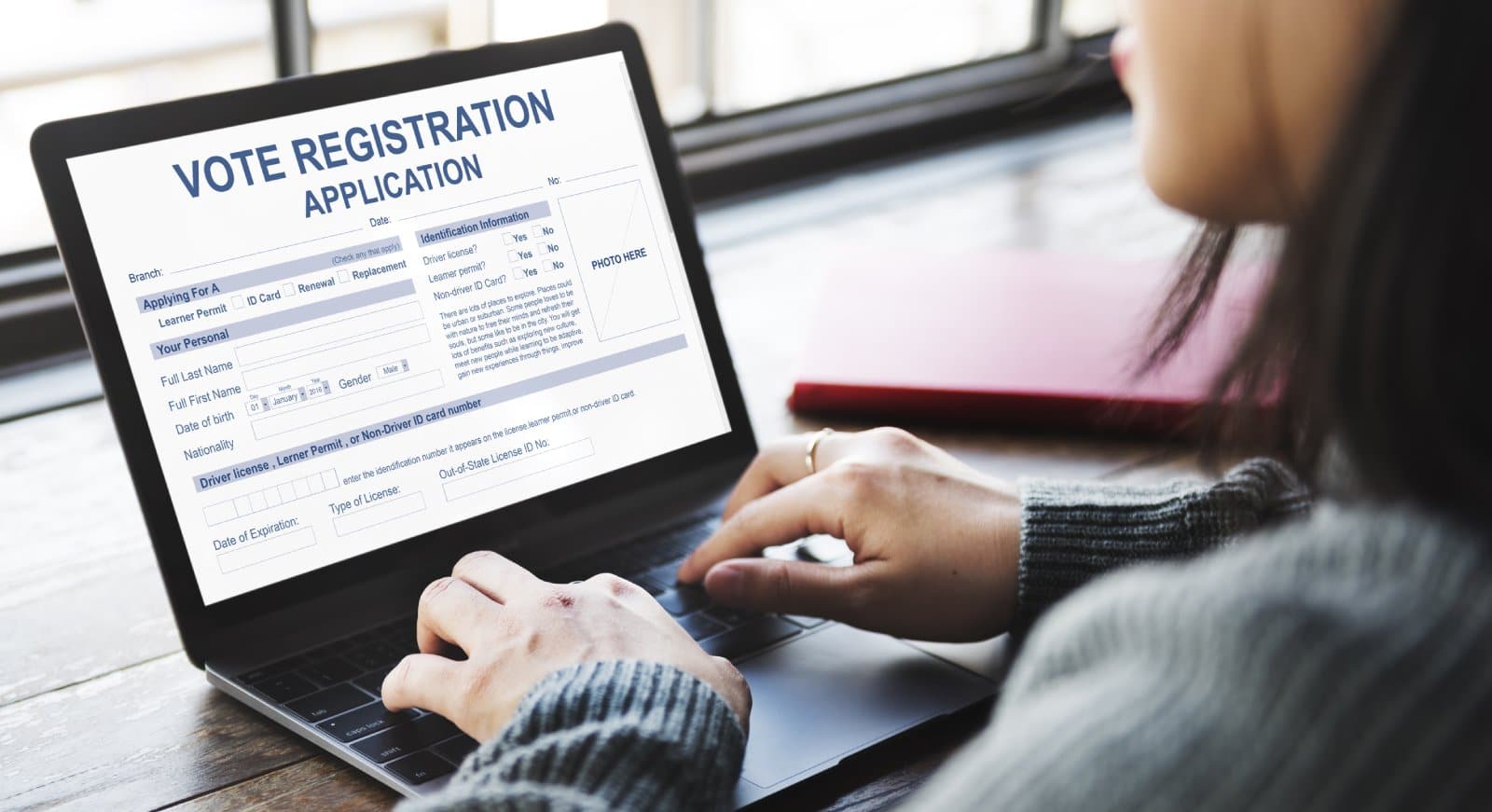
Platforms provide tools for voter registration and reminders, boosting turnout. However, their ability to target specific demographics can also be used to sway electoral outcomes subtly.
7. Policy Debates

Complex policy debates often lose depth on social media, reduced to catchy slogans rather than detailed discussions, a trend that can trivialize critical issues facing society.
8. Candidate Access
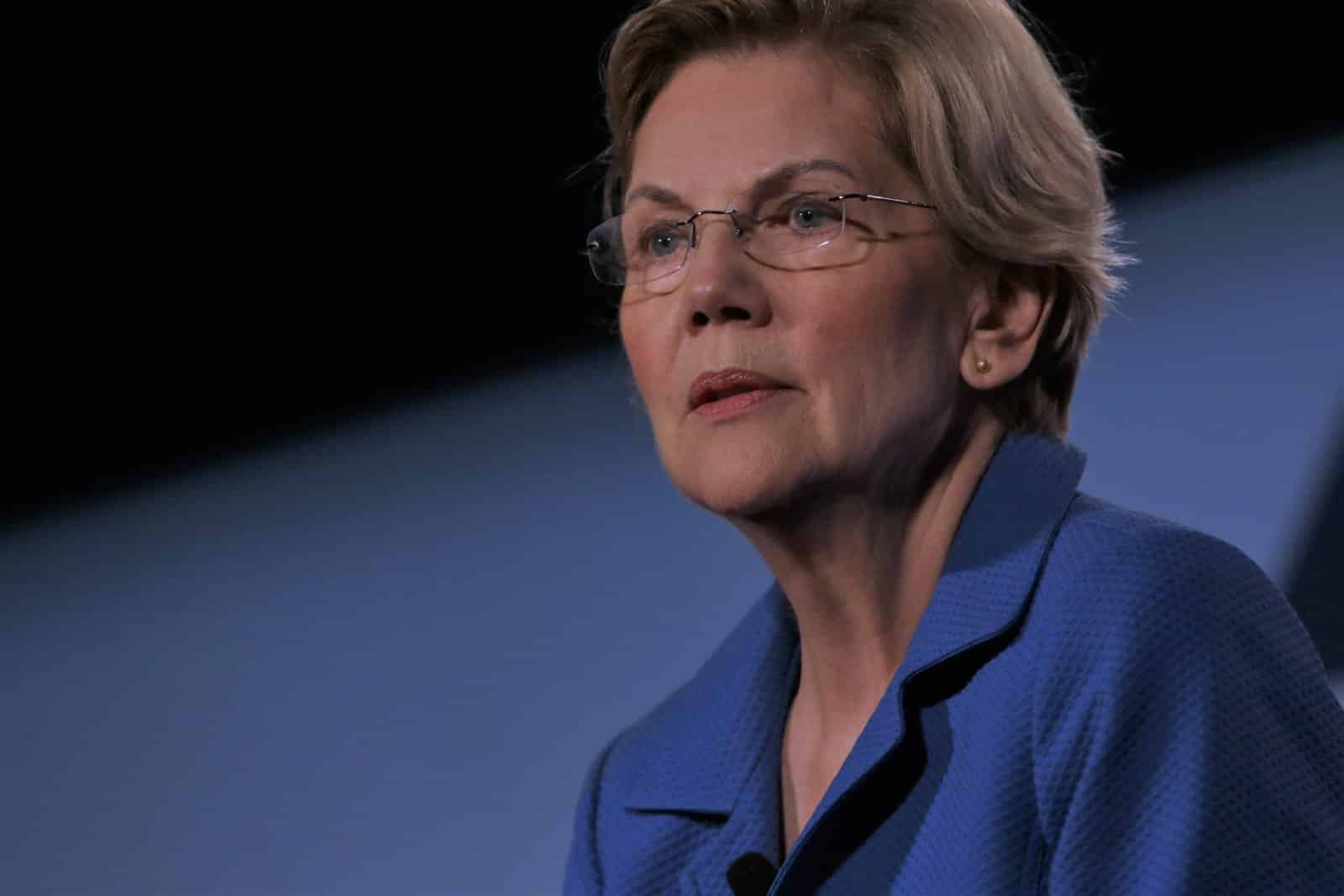
Politicians like Elizabeth Warren effectively use social media for direct voter interaction, which can make politics feel more accessible but also risks simplifying complex policy into soundbites.
9. Youth Participation
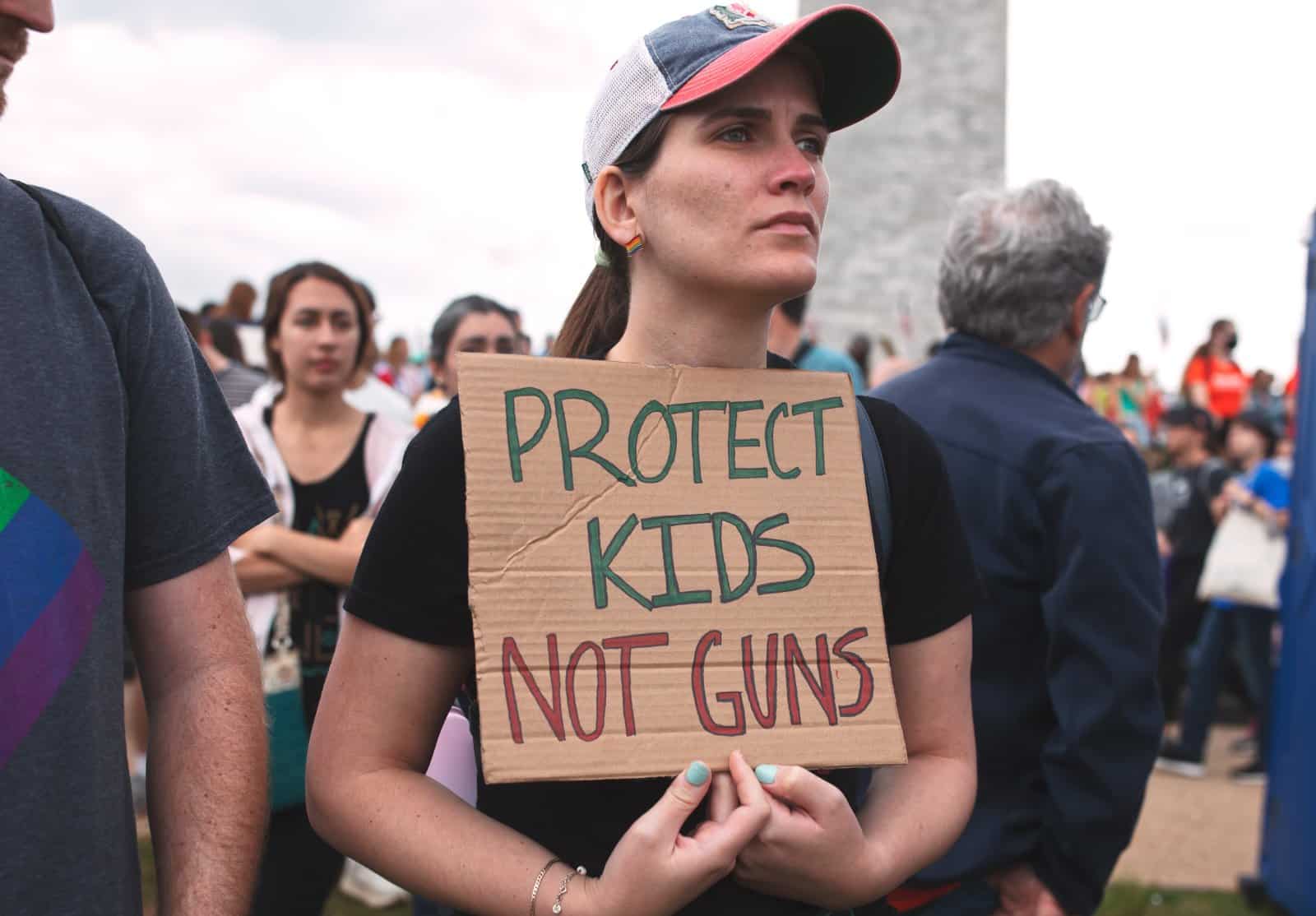
Social media has dramatically increased political participation among the youth, as seen in movements like March for Our Lives, which heavily relied on social media to organize and communicate.
10. Political Polarization
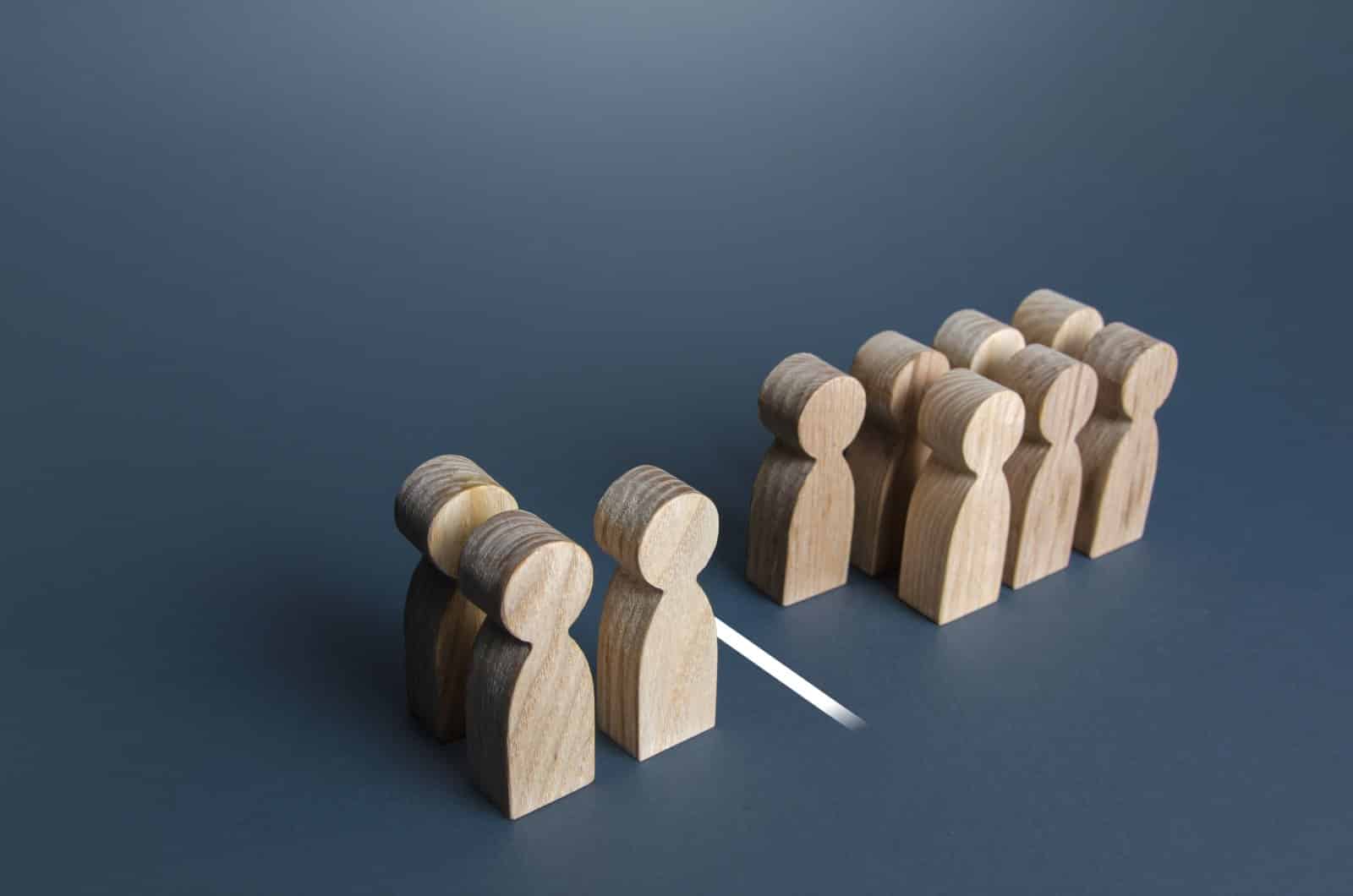
Algorithms promote content that is often more extreme, contributing to political polarization. This system rewards outrage, potentially undermining reasoned political discourse.
11. Privacy Concerns

The precise targeting of political ads, based on extensive data collection by platforms, raises significant privacy concerns, especially when manipulated to target vulnerable populations.
12. Impact on Journalism
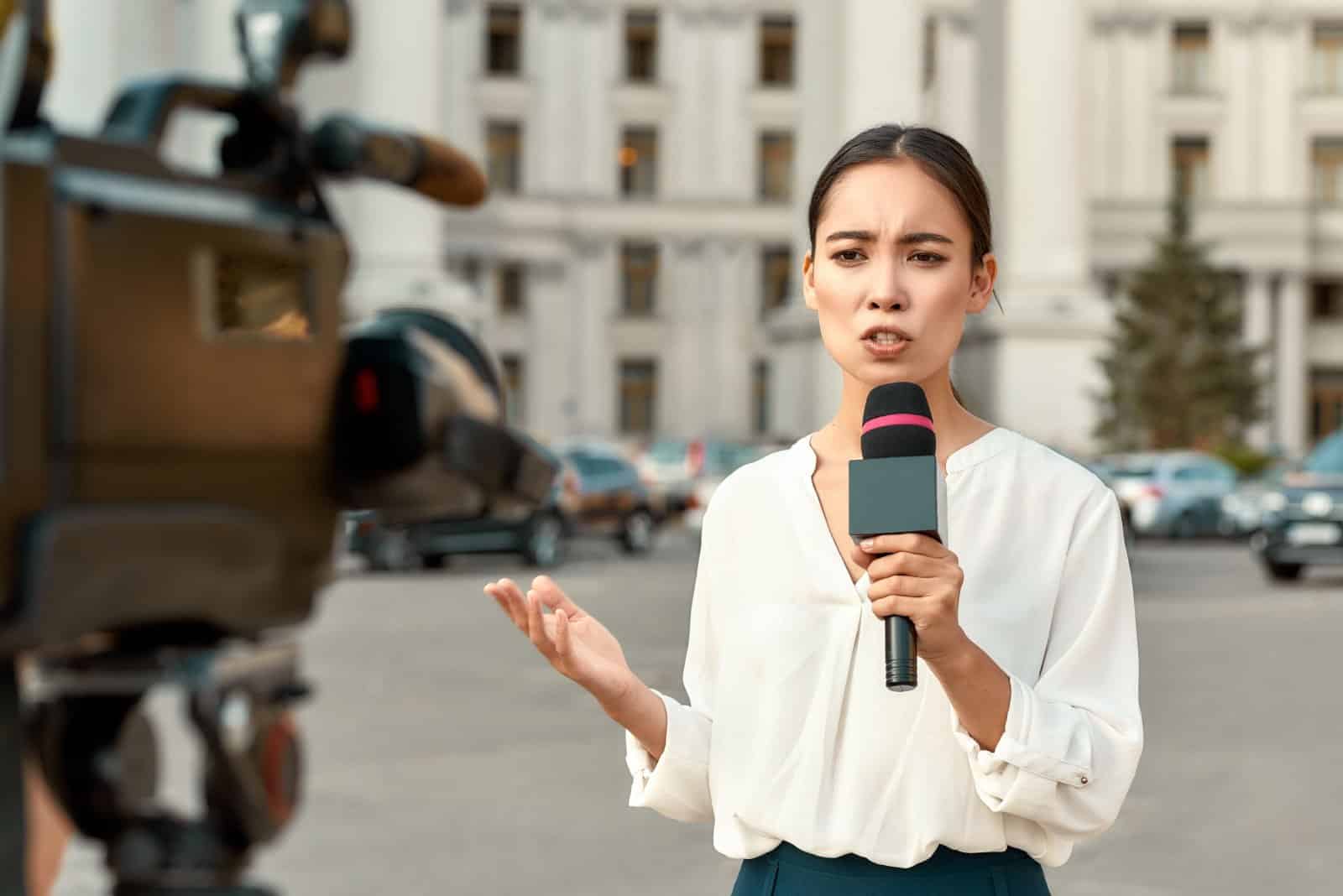
The urgency to compete with real-time social media updates pressures traditional media to prioritize speed over accuracy, occasionally leading to significant errors and a loss of public trust.
13. Misrepresentation of Public Opinion
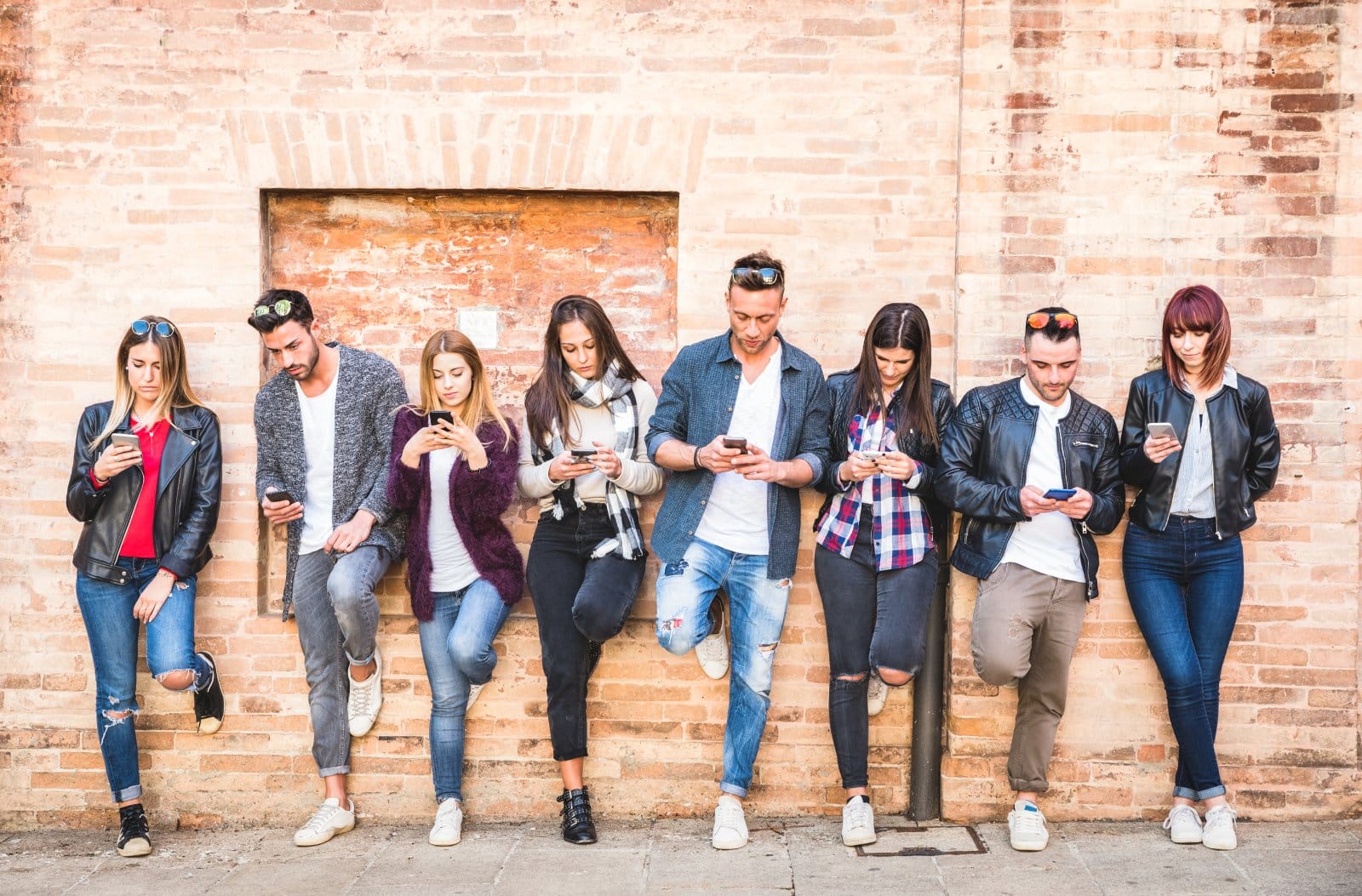
The loud minority on social media platforms can sometimes appear as a majority, which can mislead politicians and the public about the popularity or unpopularity of certain policies.
14. Accessibility
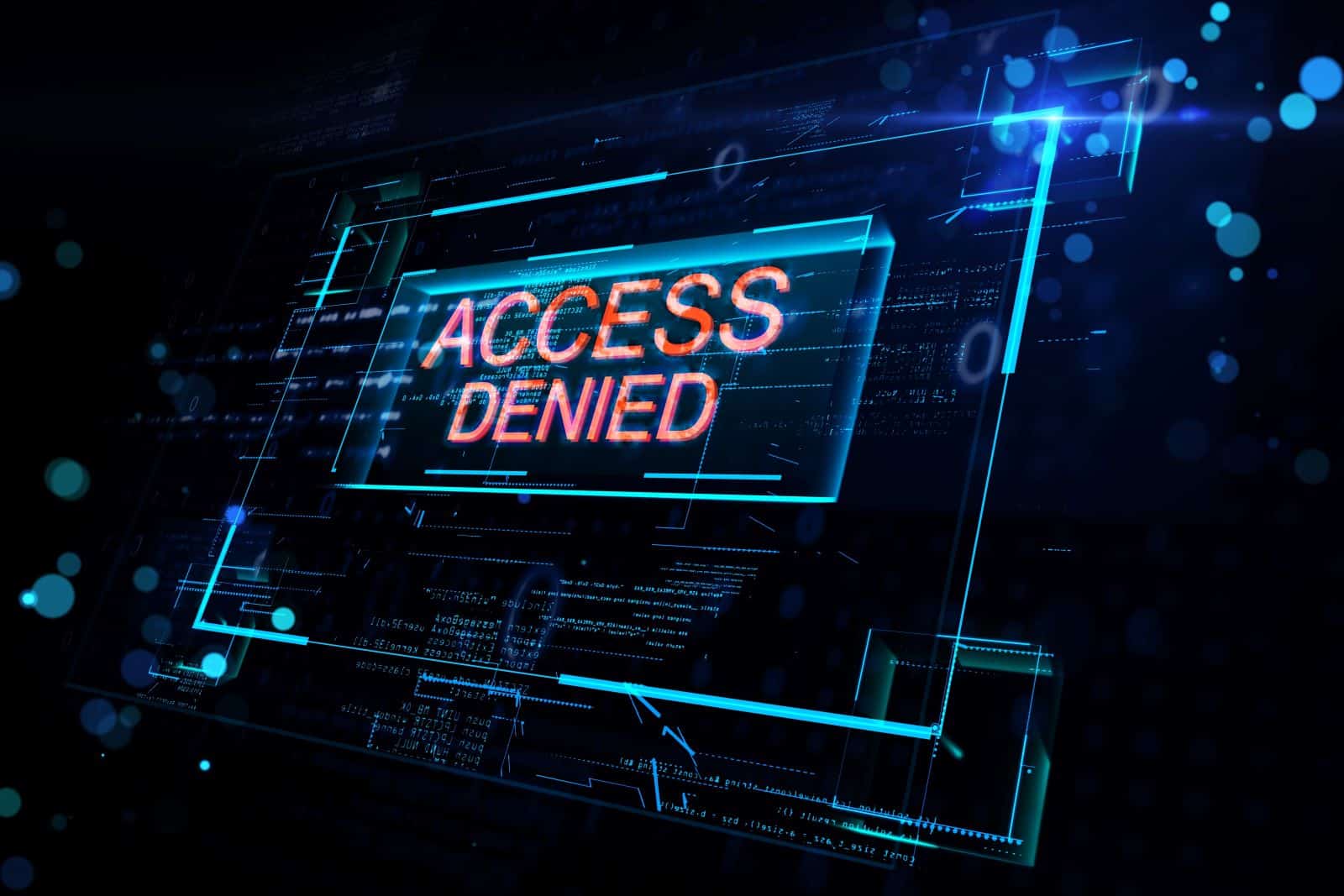
While social media can increase accessibility to political engagement, it also requires digital literacy, which not everyone has, potentially creating a new form of inequality.
15. Normalization of Surveillance

Regular use of social media has normalized extensive data surveillance, desensitizing the public to significant privacy invasions which could have serious implications for personal privacy rights.
16. Influence on Political Careers
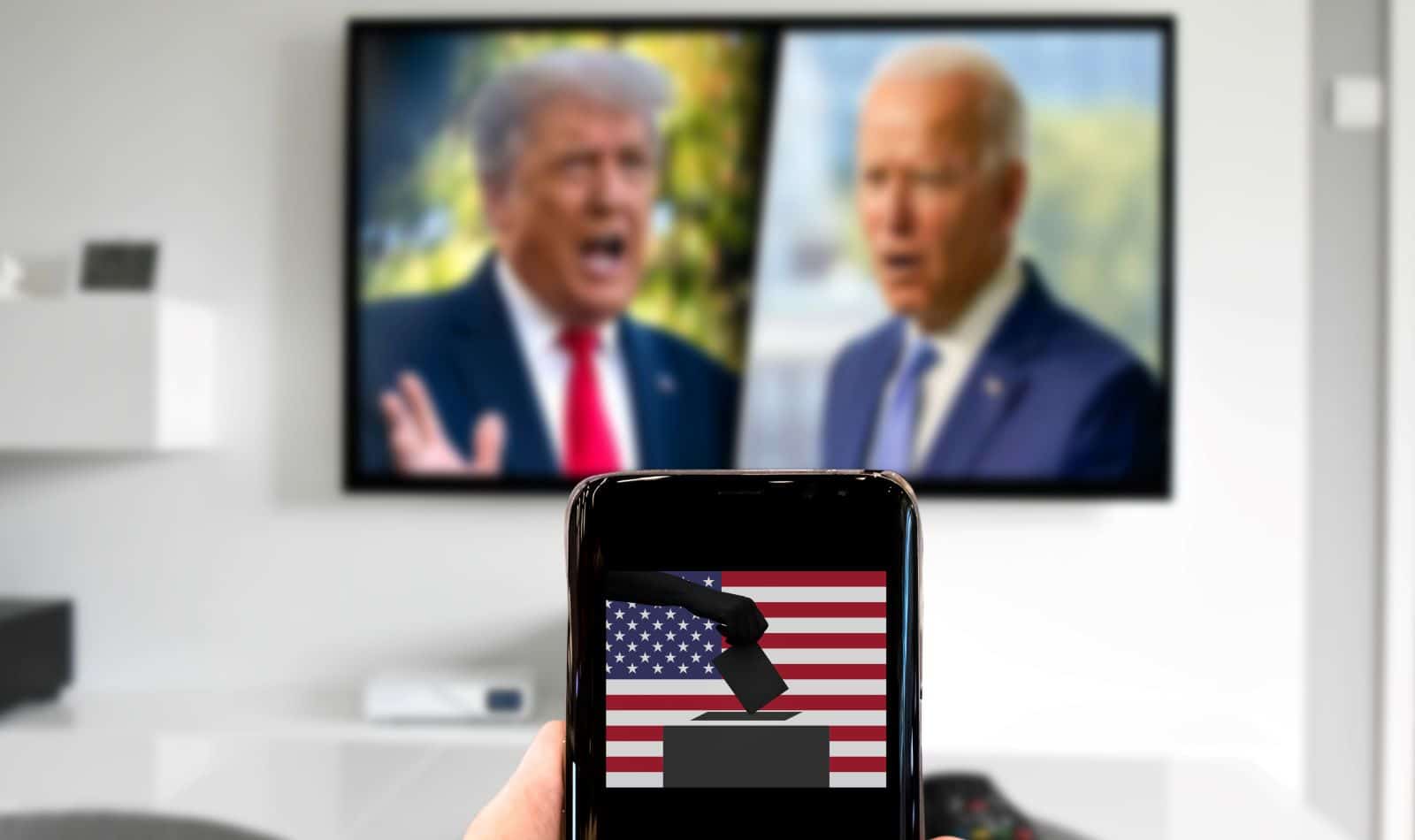
Social media can quickly elevate political figures but can also just as rapidly contribute to their downfall, often based on viral moments rather than substantial policy contributions.
17. Shift in Political Power

The influence of social media corporations in politics is profound, raising questions about the appropriate role and power of these platforms in democratic processes.
18. Erosion of Formal Debate

The preference for viral content over formal debate on social media platforms degrades the quality of public discourse, often oversimplifying complex political issues into digestible clips.
19. Generation Gap

The different ways generations use and consume information on social media can lead to divergent understandings and priorities, influencing policy focus and political understanding across age groups.
20. Global Influence
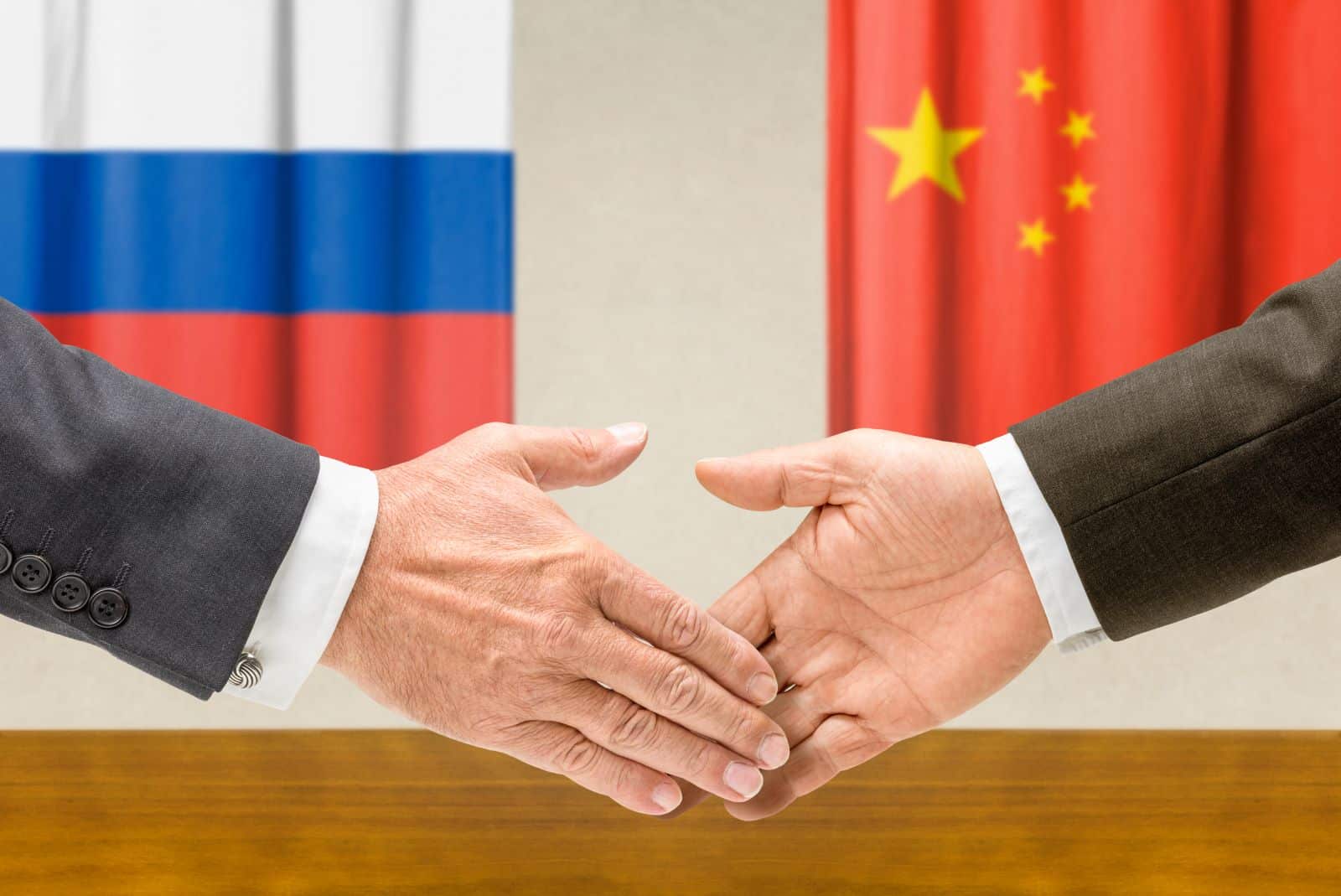
The global reach of American politics via social media not only affects domestic policies but also influences international perceptions and relations, impacting global diplomacy.
Reflecting on Influence

As you engage with these platforms, consider their profound impact on your perceptions and political decisions. Are we mastering these tools to foster a more informed and engaged public, or are we being manipulated by a new digital oligarchy? Your approach to these digital tools can shape not just your views but the future of our democratic discourse.
The post Social Media’s Disturbing Grip on American Politics first appeared on Pulse of Pride.
Featured Image Credit: Shutterstock / Rokas Tenys.
For transparency, this content was partly developed with AI assistance and carefully curated by an experienced editor to be informative and ensure accuracy.

